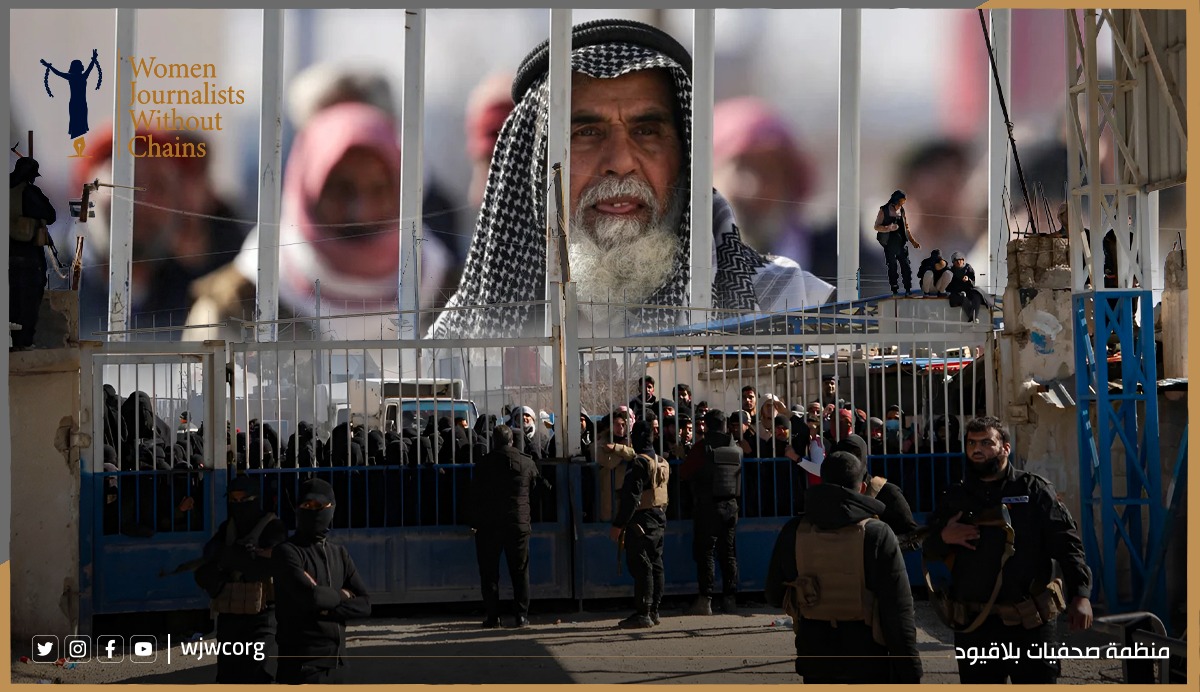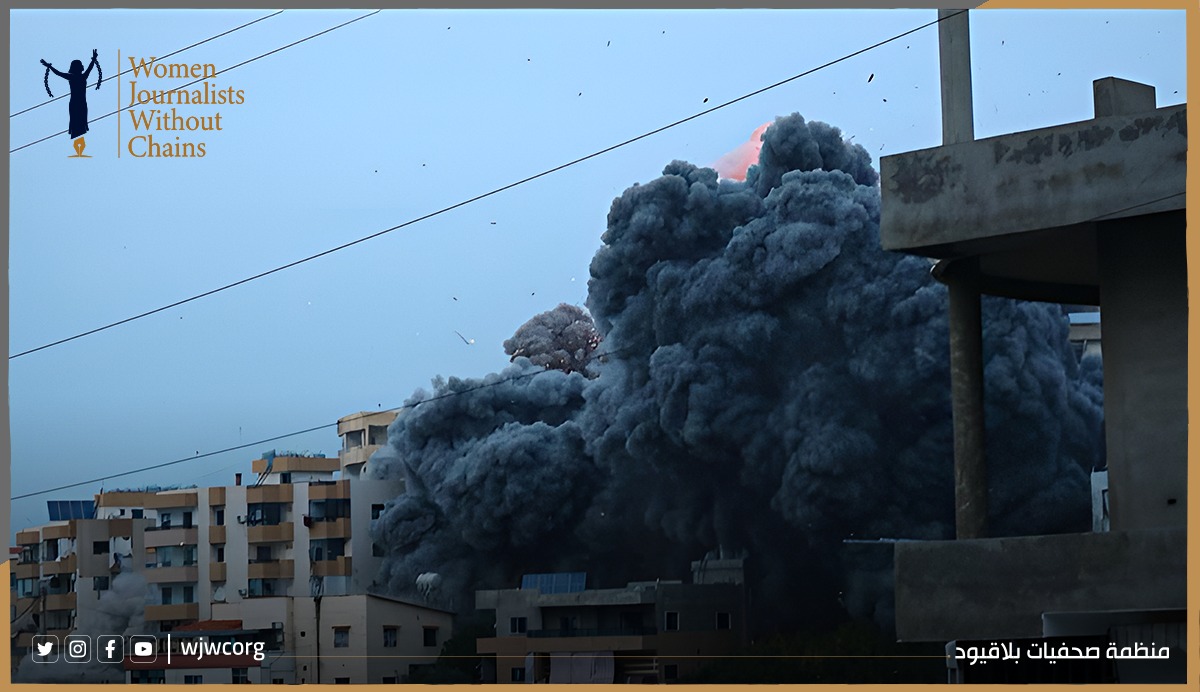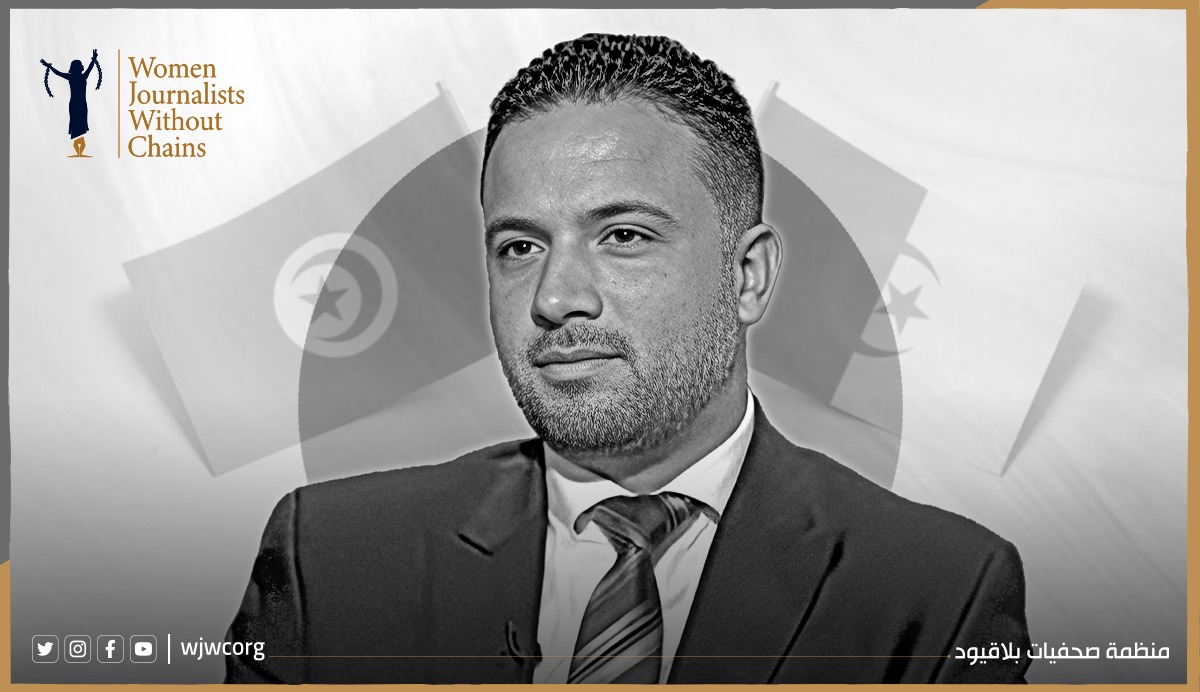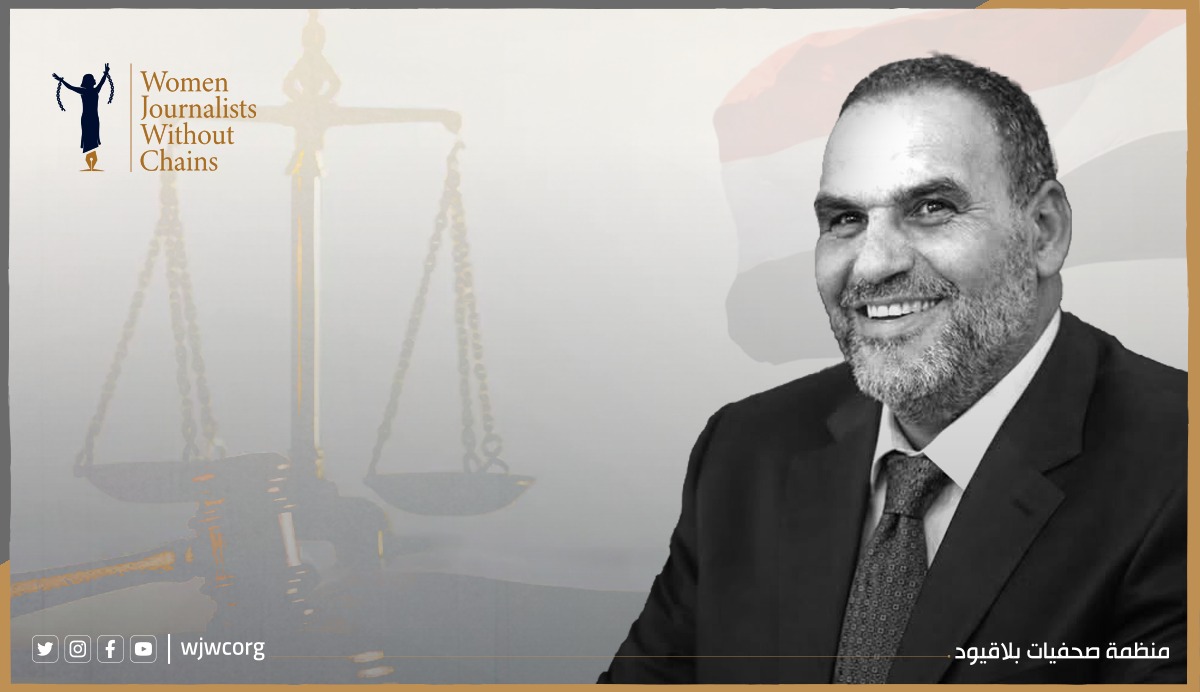When the Law Turns on Its Own: WJWC Condemns the Extrajudicial Killing of Lawyer Al-Najjashi
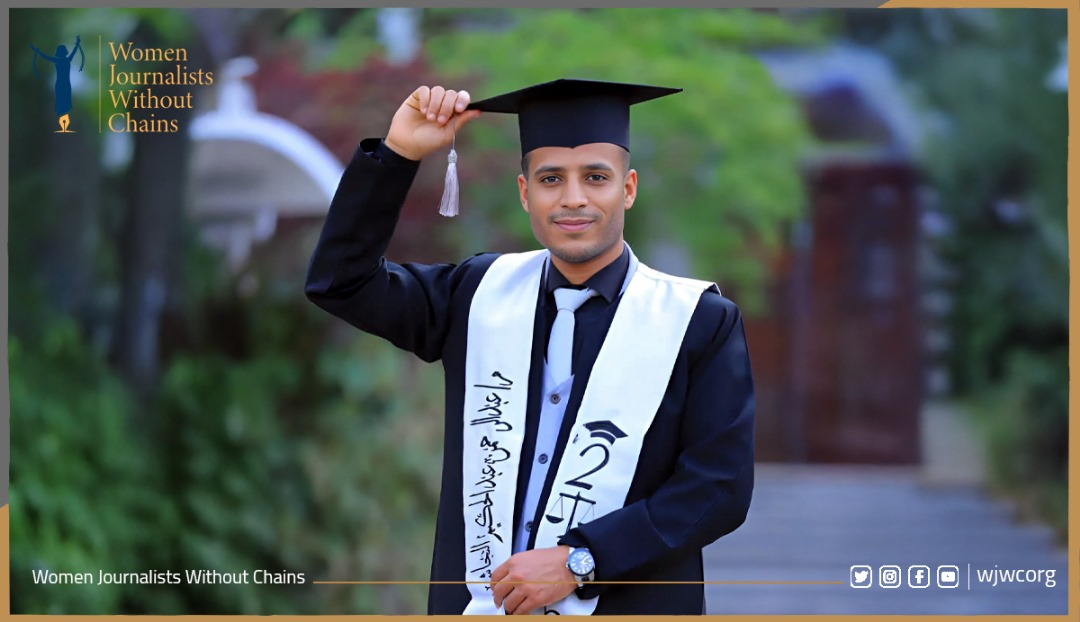
Women Journalists Without Chains (WJWC) strongly condemns the killing of the young lawyer Abdulrahsman Al-Najjashi at the hands of members of Al-Shamayatayn District Police in Taiz Governorate,
describing the act as a premeditated and unlawful killing that reflects the alarming deterioration of security conditions and the collapse of the justice system in areas under the control of the internationally recognized government.
According to verified information gathered by WJWC’s field team, eyewitness testimonies, and accounts from local residents, the 24-year-old victim—who had graduated from the Faculty of Law at Taiz University only days earlier—was shot dead on Thursday afternoon, October 23, 2025, in front of his home in Al-Turba City. The fatal shooting was carried out directly by district police personnel following a minor civil dispute over the installation of a water pipe—a matter that should have been settled through legal channels, not by lethal force.
Eyewitnesses confirmed that the incident began when a police force from Al-Shamayatayn District attempted to forcibly arrest Al-Najjashi without a judicial warrant or authorization from the Public Prosecution. The young lawyer refused, asserting his right to due process and to be summoned only in accordance with the law. The police officers then assaulted him with rifle butts and kicks, forcing him to seek refuge in a nearby shop.
Minutes later, reinforcements arrived in a police vehicle carrying about five armed officers. Witnesses reported that one of the officers smashed the shop’s glass window and opened fire, hitting Al-Najjashi as he tried to flee toward his home. He collapsed in front of his doorstep, bleeding to death in full view of his family and children.
WJWC has reviewed a video recorded by the victim himself moments before his death, which documents both the assault and the shooting. The footage, corroborated by multiple witness accounts, constitutes clear evidence of excessive and unlawful use of force by police personnel.
The organization confirmed that no immediate medical assistance was provided by the assailants. Instead, the officers left the victim on the ground, and he was later transported to Khalifa General Hospital by residents and family members, where he succumbed to his wounds upon arrival.
Unlawful Intervention and Judicial Misconduct
WJWC’s investigation found that the police operation was carried out following a phone call from a local judge—whose identity the organization has withheld—instructing the Al-Shamayatayn Police to intervene in the water pipe dispute without a warrant and outside legal frameworks. Testimonies indicate that the judge had a personal interest in the dispute and directly incited the police to act immediately, escalating the situation and creating the conditions that led to the killing.
During the escalation, the victim’s father, Judge Abdelhakim Abdo Saif Al-Najjashi, President of the Al-Mudaraba and Ras Al-Arah Court in Lahij Governorate, attempted to defuse the situation, offering to surrender his son peacefully in accordance with the law. His pleas were met with contempt, and officers pushed him aside before one of them opened fire on his son in front of him and his family.
WJWC affirms that the conduct of the judge who instigated the unlawful police intervention constitutes a serious breach of the Yemeni Judicial Authority Law, which explicitly prohibits judges from interfering in law enforcement activities or exploiting their influence for personal purposes. His presence at the scene and failure to intervene during the beating and shooting further reflect a grave dereliction of judicial and moral duty, making him legally and ethically complicit in the crime.
A Flagant Violation of National and International Law
WJWC asserts that the killing of Abdulrahman Al-Najjashi amounts to an extrajudicial execution, punishable under Article 234 of the Yemeni Penal Code, and a violation of Article 6 of the International Covenant on Civil and Political Rights, which guarantees the right to life and prohibits arbitrary deprivation of it.
The physical assault inflicted on the victim before his death constitutes cruel and inhuman treatment as defined by the 1984 Convention Against Torture, and a clear breach of the UN Code of Conduct for Law Enforcement Officials, which restricts the use of force to situations of absolute necessity and proportionality.
Moreover, the attempted arrest of the victim without a judicial warrant or written order from the Public Prosecution is a direct violation of the Yemeni Code of Criminal Procedure, which requires explicit judicial authorization prior to any arrest or summons. None of these legal prerequisites were met.
Institutional Responsibility and Culture of Impunity
WJWC holds both the leadership and personnel of the Al-Shamayatayn District Security Administration fully responsible for this crime—for their direct involvement in the assault and shooting, and for their institutional failure to uphold lawful conduct and prevent the misuse of force. The incident reflects a systemic breakdown in command discipline and the entrenchment of impunity within local security structures.
The organization emphasized that such practices signal the erosion of the rule of law in Taiz and the growing fusion of personal influence with state authority, undermining justice and threatening civil peace and public confidence in state institutions.
Women Journalists Without Chains calls for the immediate formation of an independent and impartial judicial investigation committee, under the supervision of the Attorney General, to examine all dimensions of the crime—from the judge’s initial incitement to the police operation and fatal shooting.
The organization demands that all individuals involved, including the inciting judge and executing officers, be referred to the Specialized Criminal Prosecution and held publicly accountable in accordance with Yemeni law. WJWC also calls for guaranteeing the rights of the victim’s family to justice, redress, and compensation, and for protecting witnesses and family members from intimidation or pressure that may obstruct the investigation.
Furthermore, WJWC stresses the urgent need to restructure the Al-Shamayatayn Security Administration, review its leadership, and hold officials accountable for procedural and ethical failures that facilitated this crime. The organization warns that continued impunity for such violations poses a serious threat to civil peace and the integrity of justice institutions.
A Symptom of Systemic Collapse
WJWC concludes that the killing of Abdulrahman Al-Najjashi is not an isolated case, but rather a tragic manifestation of a broader breakdown in Yemen’s judicial and security systems—where personal power, corruption, and political interference override the rule of law. The organization renews its call on the Attorney General, the Supreme Judicial Council, and the Ministry of Interior to take swift and decisive action to ensure full justice and redress for the victim’s family.
In honoring the memory of a young lawyer who dreamed of reforming Yemen’s judiciary, WJWC reaffirms that his death must serve as a turning point toward restoring accountability, legality, and the sanctity of human life in Yemen.

 En
En  Ar
Ar 